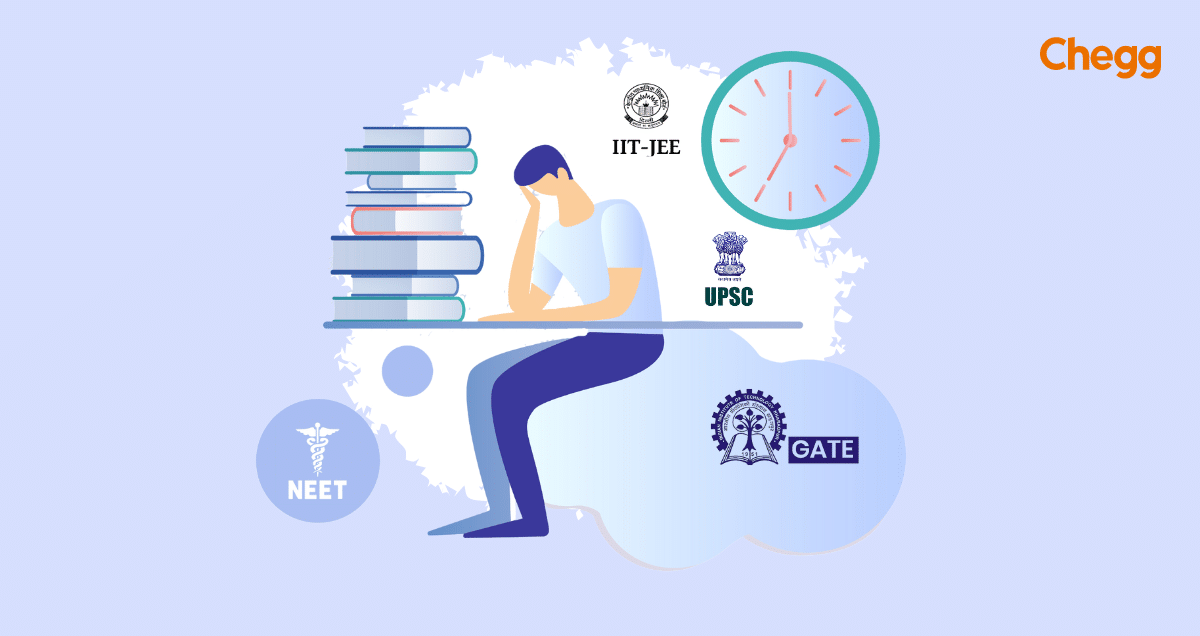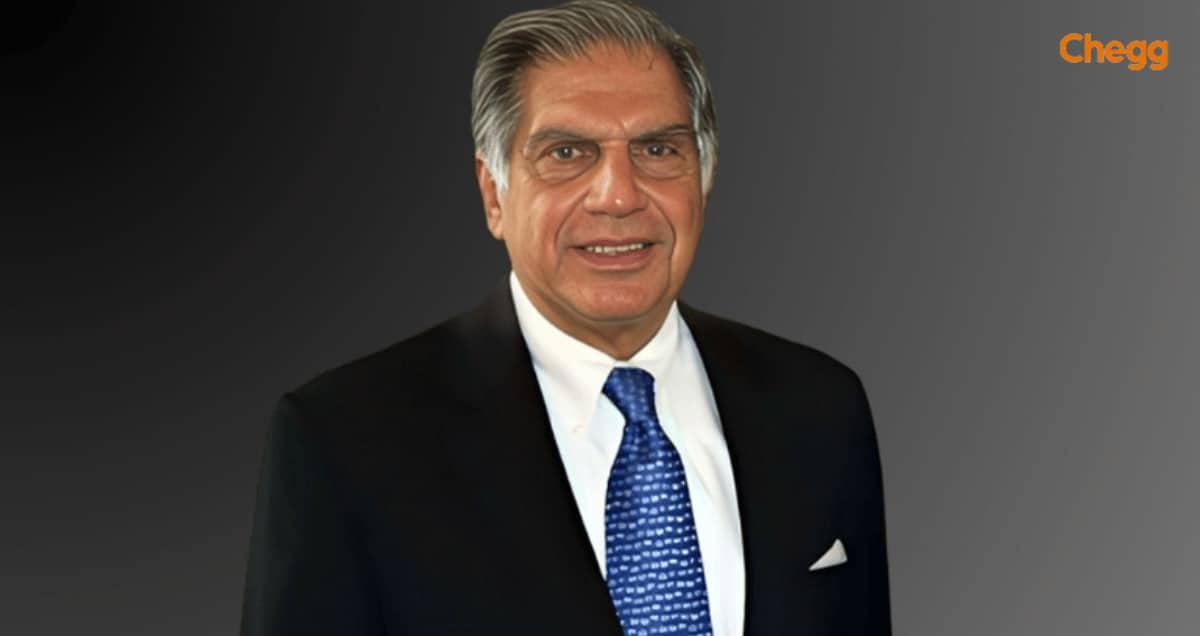How to Become a Pilot – Give Wings to your Dreams
Who is a pilot? A pilot is a person who is equipped with specialist knowledge about various aircraft and air vehicles, along with the skills to operate and run them. They fly aeroplanes carrying passengers commercially or as a private jet pilot.

Who is a pilot?
A pilot is a person who is equipped with specialist knowledge about various aircraft and air vehicles, along with the skills to operate and run them. They fly aeroplanes carrying passengers commercially or as a private jet pilot. They can also join the defence forces and protect the nation from air attacks. Pilots, also called aviators, are licensed by established bodies that qualify an individual to fly aeroplanes.
Learn more about how to become a pilot by going through the article. A pilot is one of the most respected and stylist professions requiring a high level of knowledge and skill in geography, physics and chemistry. They are trained to handle various real-life situations by theory and simulation. An individual requires the right mindset, physical body conditions, and a disciplined lifestyle to become and continue being a pilot.
How to become a pilot in India?
Eligibility
A common question in every aspirant’s mind is how to become a pilot and the eligibility criteria. Becoming a pilot is more than just knowledge or skill. It requires hard work, months of training and a disciplined lifestyle to maintain an overall fitness level. The physical body conditions do not depend on how many hours an individual spends in the gym but rather on how much care one takes of their body which includes hearing and seeing ability primarily among many other pre-requisites. If an individual aspires to become an aviator, the preparation starts when grade 10th is passed.
- Age criteria: Should be above 21 years of age
- Professional body criteria: Should hold a commercial pilot license (CPL) issued by Civil Aviation Authority in India
- Physical criteria: Fitness level, hearing and vision examination
- Educational requirement: Science in the +2 studies along with a bachelor’s degree
- Additional requirements: Pass a rigorous background check, have excellent communication and leadership skills and have an analytical and reasonable mindset paying close attention to details.
Courses on how to become a pilot
Some of the courses listed below are bachelor’s degrees, and all of them can be pursued after passing the 12th standard. So we have answered what to study to become a pilot after 12th in detail. Aspirants can read the article to learn about training and flying time requirements.
1. B.Sc. (Bachelor of Science) Aviation
This is a bachelor’s degree that prepares students to become a pilot. It is a 3-year course covering meteorology, engines, air regulation, navigation, and aircraft engineering. The eligibility criteria to enrol for this course is that the students must have physics, chemistry and mathematics (PCM) in their 10+2 studies.
2. BBA Aviation Operations
This commerce-level undergraduate degree provides extensive knowledge about air operations and transport and financial accounting, planning, forecasting and marketing. The course allows students to handle teams and other management areas in the functioning of airport and airline companies.
3. BBA Airport Management
This is another very interesting commerce-level bachelor’s degree that deals with the study of airport management. There are several domestic and international airports in India. Many have over 50-100 flights landing and taking off daily. It is important to coordinate with the flights and manage their timings so that no flight gets delayed from their scheduled time. It also encompasses the safety of the flight and the passengers on board. This course enables an individual to understand and manage the working of an airport.
4. B.Sc. (Bachelor of Science) Aeronautical Science
This is a specialist pilot course that blends engineering concepts with aeronautical science. It helps to supplement pilots with the focus study of this course being-
- Laws of Motion
- Designing and developing aircraft
- Air and objects in airspace
- Working and maintenance of aircraft
This pilot course fee in India: 1-2 lakhs per annum
Average salary: 3-10 lakhs per annum
How to become a pilot after the 12th? Complete this bachelor’s degree, undergo training, pass medical examinations and get your license.
5. BMS in Aviation Management
Bachelor in Management Studies in Aviation Management prepares students for performing various duties that would enable the smooth day-to-day working of an airport or a specialised department. Some of the jobs include-
- Ground staff management
- Air traffic control
- Inspection and evaluation of aircraft
- Security related duties
6. M.Sc. (Master of Science) Aerospace Engineering
M.Sc. in Aerospace Engineering is an important qualification for pilots, focused on operations associated with the aerospace industry. It covers the avionics systems of aircraft, flight control and deck design, airline operations and support, and the environmental effects of aviation, i.e., noise and climate.
You can also read our blog on Scope of Aeronautical Engineering in India.
7. MBA in Aviation
Master of Business Administration in Aviation is a 2-year degree in management that covers various aspects of the aviation industry like-
- Operations management
- Resource management
- Financial accounting and forecasting
This course covers core business attributes applicable to aviation-oriented topics with theoretical and practical knowledge for proper management of companies and airports.
8. M.Sc. in Aviation
This program is designed for those with a related degree or work experience in aviation to increase their knowledge and abilities in related areas. This program offer specialities in aeronautical engineering and aviation management.
9. M.Sc. (Master of Science) Aeronautical Science
This is an advanced level master’s degree that combines engineering studies with aviation topics that supplement a pilot’s work by handling the design, maintenance and operation of the most important sky-bound transport system.
10. M.Eng. (Master of Engineering) Aeronautical Engineering
M.Eng. in Aeronautical Engineering specializes in the design, construction, development, operation, testing and maintenance of commercial and military air vehicles, spacecraft, satellites and missiles. It also involves the study of propulsion systems, aerodynamic performance, construction materials and specifications of an aircraft.
Skills required to become a pilot
Leadership
A pilot is in charge of the flight throughout the journey, filled with various situations that cannot practically be covered completely by any educational degree. In such situations, the leadership qualities of a pilot come into the picture and take control of the situation to subdue it. The safety of the passengers is the responsibility of the pilot.
Communication
A pilot is in continuous contact with the airport it is taking off from and will land in. It is very important for the pilot to communicate with the civil aviation authorities of the airports about the details of their journey. Also, a pilot has to communicate with the passengers and the cabin crew on board.
Attention to detail
A flight journey is filled with small yet significant details like air speed, air pressure, geographical attributes, etc. It is important for the pilot to connect all the dots as nature is unpredictable, and variations in natural factors can affect the safety of the flight and the lives on board.
Knowledge of maths, physics and geography
It is imperative that a pilot has to have a great deal of knowledge of these subjects. Mathematics and physics will help the pilot to analyse the vehicle specifications and calculations. Geography is important to understand the directions and various anomalies that occur while the flight is in the air in the pursuit of the journey. Thus, intelligence in these subjects is an important pilot qualification.
Decision-making
A pilot is often faced with a situation where strong and prompt decision-making is required. There is not enough time to discuss it with people on the ground or, for that matter, even discuss it with the co-pilot or other people on board. In such moments, the pilots have to ace the art of making the right decisions and making them quick.
Routes on how to become a pilot
Civil Aviation
The Ministry of Civil Aviation in India is responsible for formulating national policies and programmes for developing and regulating civil aviation. It devises and implements schemes for the orderly growth and expansion of civil air transport in the country.
This is a non-military qualification for pilots in India. An individual needs to go through various programs to become a pilot. Here is a step-by-step process on how to become a commercial pilot in India-
- Study science in 10+2 studies.
- Complete an aviation-related bachelor’s degree
- Fly a specific aircraft for specific hours as a part of training
- Pass the medical examination and the background check
- Get a license from the ministry of civil aviation
Read more about Civil Aviation in India.
Indian Defence Force
Indian Defence Forces have the Army Aviation Corps, established in 1986 as a combat support arm of the Indian army. The corps headquarters is situated in New Delhi, the capital city of India. Army Aviation Corps pilots are taken from various combat arms like the artillery officers. The Indian Air Force flies attack helicopters under the army’s operational control. Helicopters such as the HAL Chetak, HAL Cheetah and HAL Dhruv provide logistical support for the soldiers of the Indian Army in remote and inaccessible areas.
Candidates willing to join the defence forces must clear competitive exams to secure a seat. They are then trained rigorously for 3 years at the National Defence Academy (NDA). Here is how to become a pilot in India after the 12th by joining the force –
- Pass the pilot entrance exam after the 12th standard
- Clear the SSB round of interviews, which comprises two stages, Intelligence and Psychological evaluation
- Pilot aptitude test- written and machine tests assessing intellectual and mental abilities
- Medical examination- height, weight, hearing, sight and fitness
A process on how to become a pilot
Step 1: Pursue a Bachelor’s Degree
This step will answer how to become a pilot after the 12th. First, it is important to understand that various types of pilots exist. An airline pilot must have a bachelor’s degree in any subject, whereas a commercial pilot simply needs to complete only their higher secondary education, i.e., 10+2 studies. Candidates can opt for commercial pilot training after completing their 12th standard studies. The prerequisites for enrolling in such a course are-
- Entrance Exam
- Medical Exam
- Interview
Various pilot schools provide the training, and the fee for the course is INR 15-20 lakhs. Some of the top institutions for the pilot training program in India are-
- Indira Gandhi Rashtriya Uran Academy
- Rajiv Gandhi Academy of Aviation Technology
- National Flying Training Institute
- Bombay Flying Club
- Madhya Pradesh Flying Club
Some of the pilot courses after the 12th are-
- B.Sc. (Bachelor of Science) Aviation
- B.Sc. (Bachelor of Science) Aeronautical Science
- B.E. (Bachelor of Engineering) Aeronautical Engineering
- B.Tech (Bachelor of Technology) Avionics Engineering
Any one of these is required as a qualification for a pilot in India.
Stage 2: Experience in Aviation
A candidate aspiring to become a pilot must complete a particular number of flight training hours to earn a license. The number of training hours depends upon the desired type of pilot program. For instance, 250 hours of flying is required for a commercial pilot’s license (CPL) and 1,500 hours of flight time for an airline pilot. Formal training deals with basic education. However, to gain in-depth knowledge and experience, one can hire a personal instructor or even join the military for exposure.
Stage 3: Get a Pilot’s License
There are various licenses that the civil aviation authority issues, depending upon the candidate’s aspirations. Some of the many licenses are-
- Private Pilot License (PPL)
- Commercial Pilot License (CPL)
- Airline Transport Pilot License (ATP)
- Multi-crew Pilot License (MPL)
- Commercial Multi-Engine Land (CMEL)
- Certified Flight Instructor (CFL)
It is imperative to state that the candidate cannot fly any aircraft without a license. To obtain a license from the Ministry, one must pass all the training and flying time requirements and a written assessment and physical tests.
Stage 4: Additional Training and Tests
Many airline companies require pilots to undergo additional aptitude and psychological tests as a precondition for their employment. Once they get placed, pilots have to spend weeks of training and flight experience to get used to the adventures. These trainings take place with the designation of co-pilots. If you secure a prior experience with a regional airline company, it will always be beneficial in the long run if you plan to join a major airline later.
Stage 5: Earn Your Wings as a Pilot
Being a co-pilot to becoming a pilot and then leaping from pilot to captain completely depends on seniority and experience. To obtain more flight ratings, one must clear additional FAA written and practical exams. An individual needs to continue learning and adapting to the changes in the industry. Various bodies conduct many enriching webinars and seminars to help individuals to master their roles as a pilot.
How to Get Your License as a Pilot?
The Civil Aviation Authority of India issues various licenses to pilots in the country. There is a requirement for the candidate to decide between pursuing a career of becoming a pilot early in their educational life, i.e., pursuing science with physics, mathematics and chemistry. After completing their 10+2 studies, they have to decide what kind of a pilot they want to become in future and then decide upon pursuing an aviation school training program or a bachelor’s degree. However, it is advised that candidates pursue a bachelor’s degree and then join the aviation training program. After completing the necessary educational and training prerequisites, candidates must record their flying time, ranging from 250 to 1500 hours. After completing their flying time, they must undergo various medical examinations and interviews that test their ability as a pilot. Finally, they get a pilot’s license once they pass all the tests.
Career Benefits for a Pilot
- Travel the world – By flying an aircraft as an aviator, one can fly domestic and international aeroplanes.
- Unbeatable view – By flying 35,000 feet above ground level, the experience is enriching.
- Travel discounts for friends and family are one of the most attractive perks of being a pilot.
- Job satisfaction – Flying is usually the most desired and loved aspect of an aspirant, and the salary that the airline companies pay is very high. Thus, the job satisfaction of a pilot is unmatched.
- Meeting and interacting with people of diverse cultures. Pilots do not interact with the same people repeatedly when they fly. every journey is a new and learning experience for the pilot.
A career that pays as much as a Pilot
When it comes to income sources, it is advised that candidates must have a diversified portfolio and not rely on only one source of income. Chegg India offers a spectacular opportunity to potential candidates to earn a side income with a chance to earn one lakh rupees per month.
Chegg is a platform where students from all over the world enlist their doubts and questions in the platform, and we hire Subject Matter Experts to answer such questions. The platform pays the Subject Matter Experts based on every question answered correctly. The candidate has to undergo a small set of questions on the subject that the candidate chooses to undertake.
Chegg India offers great prices to answer questions, and more than the usual subjects are offered to the candidates. If you think you are good at a particular subject and want to help others, why do it for free? You can enrol as a subject expert and start earning.
Frequently Asked Questions
Q.1 What qualifications do you need to be a pilot?
Ans. The qualifications required to become a pilot are-
- 21 years of age
- Medical examination, including fitness, hearing and sight
- Bachelor’s degree
- Training
- Soft Skills- Leadership, communication, attention to detail, decision-making and so on.
Q.2 What should I do after the 12th to become a pilot?
Ans. One can pursue various bachelor’s degrees as per their area of interest in the aviation sector. If the goal is to become a pilot, mandatory training programs and flying periods are required to obtain a commercial pilot license. This is how to be a pilot in India.
Q.3 How long does it become to be a pilot?
Ans. There is no specific time that it takes to become a pilot. It is on the candidate how fast they get an opportunity to complete the required educational and flight training. The civil aviation authority issues a commercial pilot license after completing the required prerequisites and passing the medical examination. After that, the aviation companies hire you as a captain for their aircraft.
Q.4 Is it difficult to become a pilot?
Ans. It is not very difficult to become a pilot. There are some basic attributes to becoming a pilot which must be fulfilled. Suppose someone has a hearing or vision disorder. In that case, it will be more beneficial for the individual to study other aspects of the aviation industry rather than aspiring to become a pilot. Otherwise, with a significant amount of education and training, it will be easy for an individual to join the aviation industry.
The post How to Become a Pilot – Give Wings to your Dreams appeared first on Chegg India.


















/cdn.vox-cdn.com/uploads/chorus_asset/file/25115065/DCD_Avishai_Abrahami.jpg)







